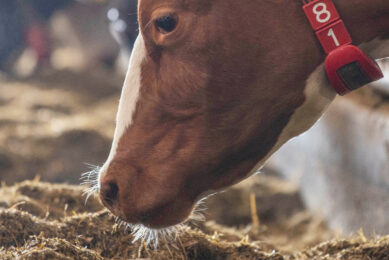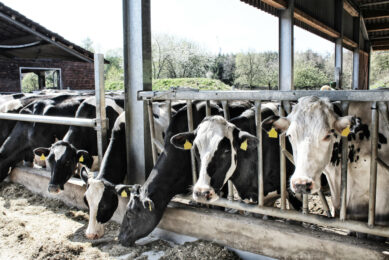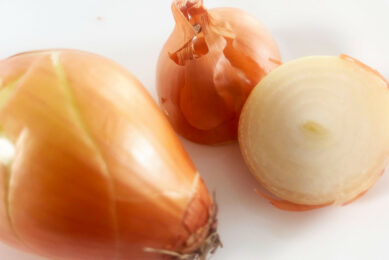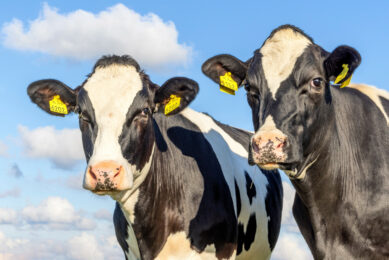Covid-19: Feed classified as ‘essential goods’ in EU
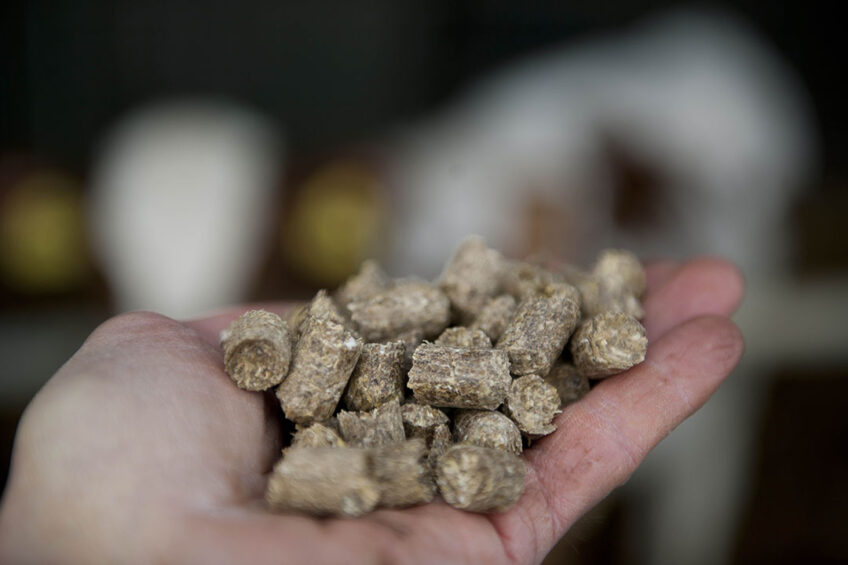
FEFAC, the European Feed Manufacturers Federation has welcomed the fact that feed is now classified as ‘essential goods’ by the EU Commission in the Guidelines on Green Lanes as well as in the recent G-20 Covid19 declaration.
According to FEFAC the EU Green Lanes protocol must be fully applied to the cross-border transport of feedstuffs, including micro-ingredients, like feed additives and minerals, in order to preserve animal health and welfare status of all farm animals and farmed fish, thus ensuring food security.
The undisrupted functioning of the feed supply chain is crucial in the production of foodstuffs of animal origin.” – FEFAC
In the press release the feed association states: “The undisrupted functioning of the feed supply chain is crucial in the production of foodstuffs of animal origin. At this point in time, no severe disruption has occurred at feed level, however long waiting times at border posts remains an issue in several countries.”

Access to protective equipment
Another challenge in many countries is access to protective equipment, this is also an issue in the feed and food chain sectors. Being an essential sector also means granting preferential access to protective gear such as masks and gloves, especially for drivers and feed mill shift workers. FEFAC supports and welcomes the huge efforts made by the textile industry and authorities to increase the supply of this equipment to our workforce.
Gratitude
FEFAC, its member associations and individual feed companies ensure that they are fully committed, to fulfil their core mission: providing Europe’s farm animals and farmed fish with the adequate nutrition to ensure safe and high-quality foodstuffs of animal origin, during these times of crises. On behalf of its members, FEFAC expressed its gratitude to feed industry workers for their willingness to apply strict procedures and schedules in very difficult circumstances, when handling, processing, storing feed products on site and delivering feed by truck on farms.
Join 13,000+ subscribers
Subscribe to our newsletter to stay updated about all the need-to-know content in the dairy sector, two times a week.



